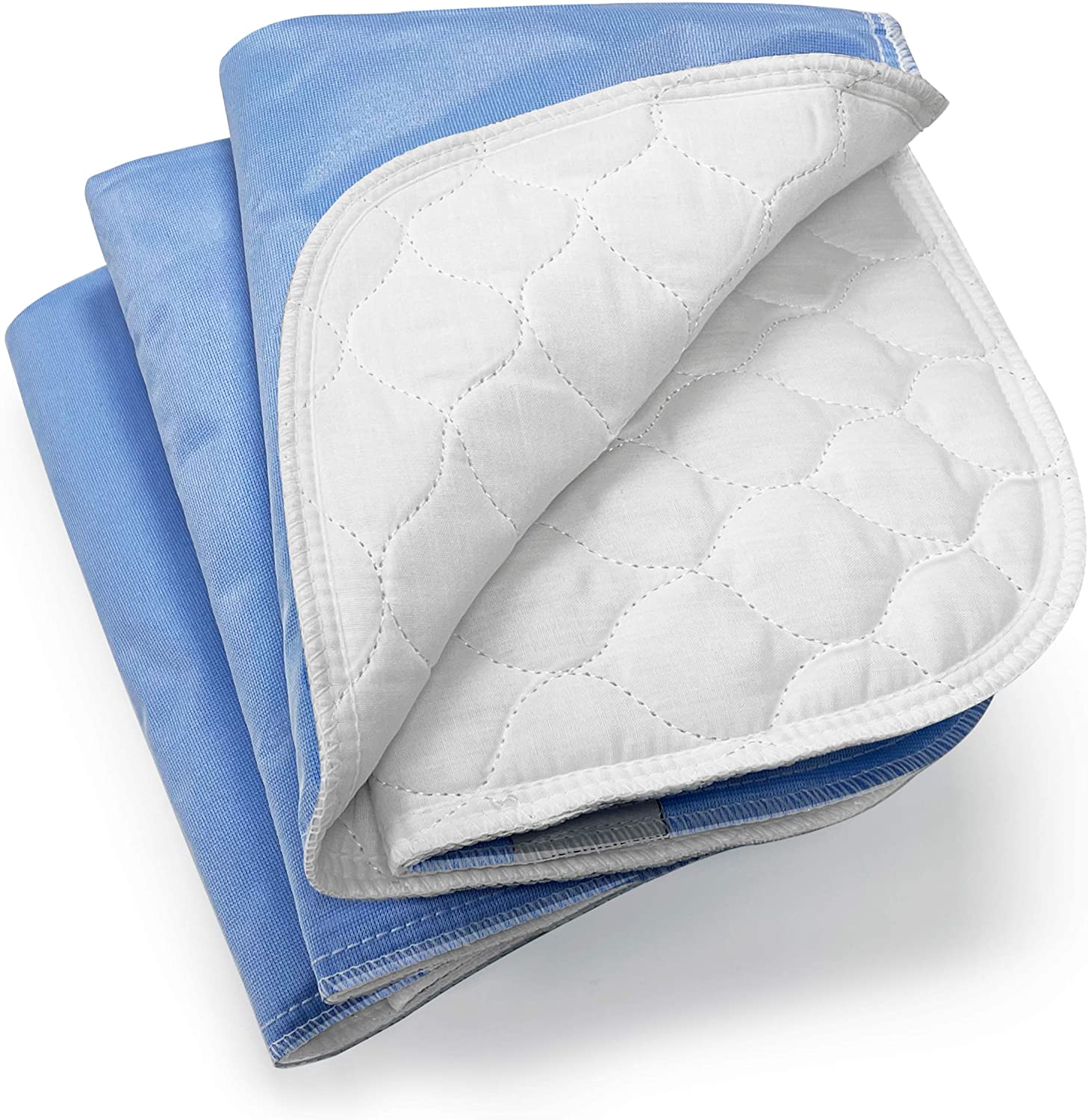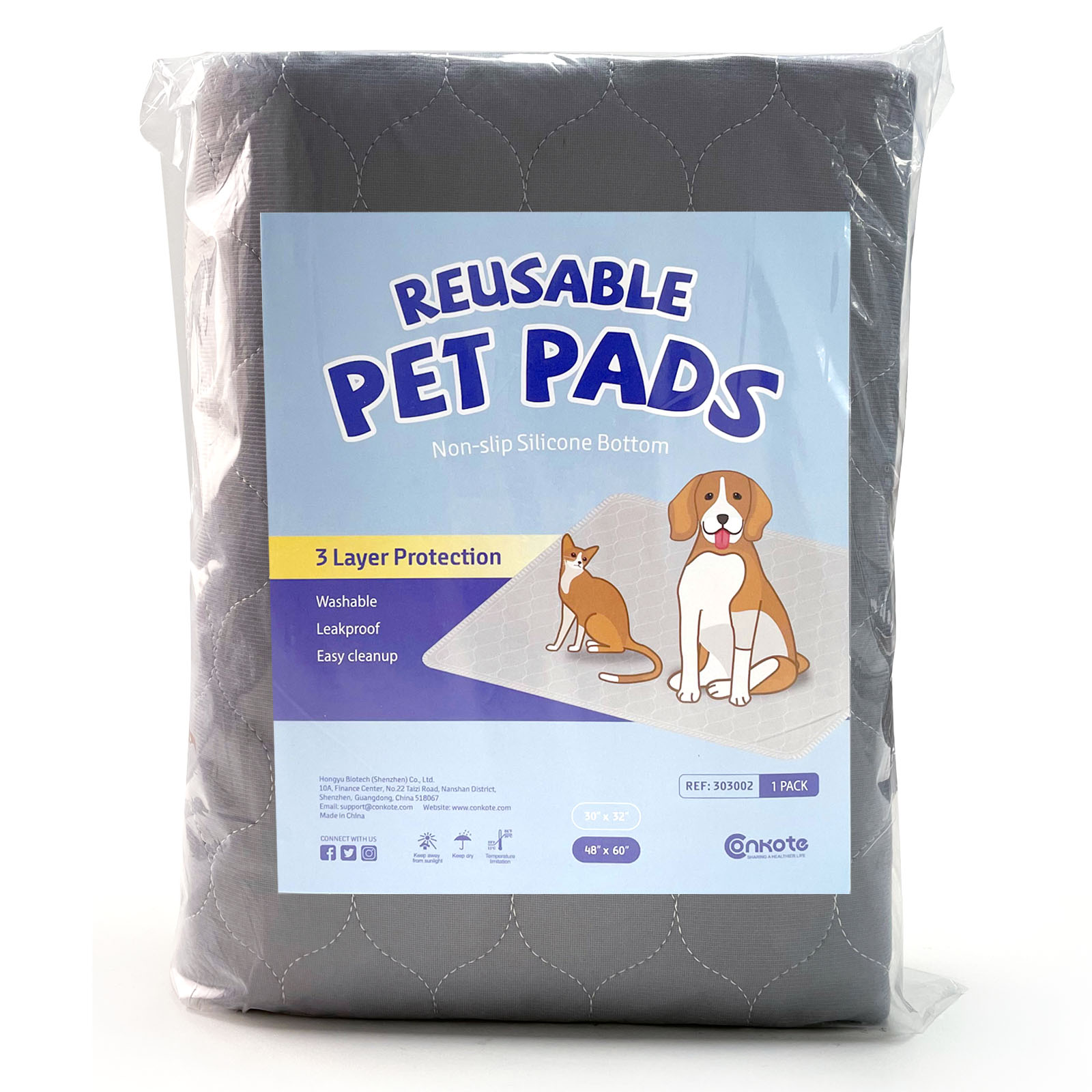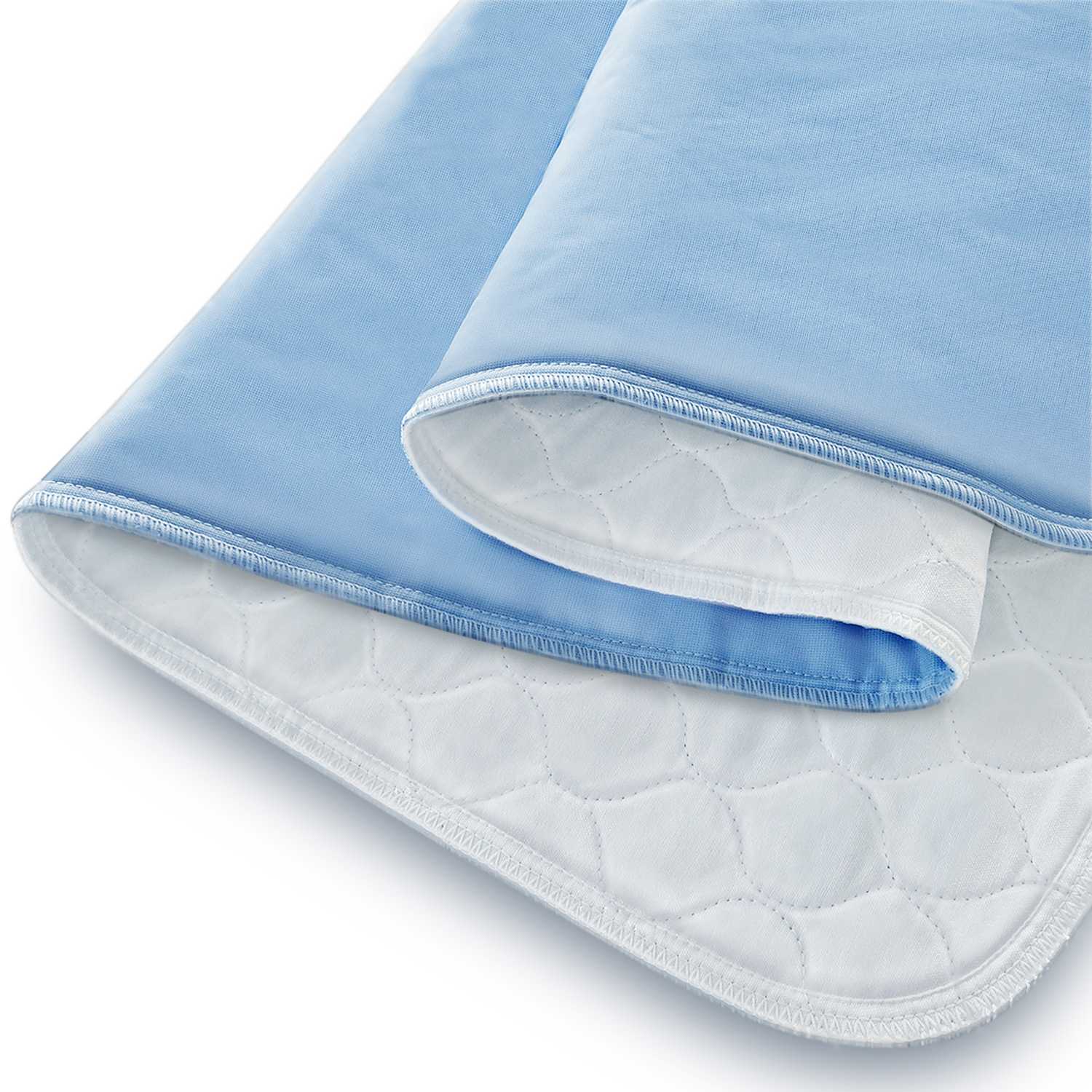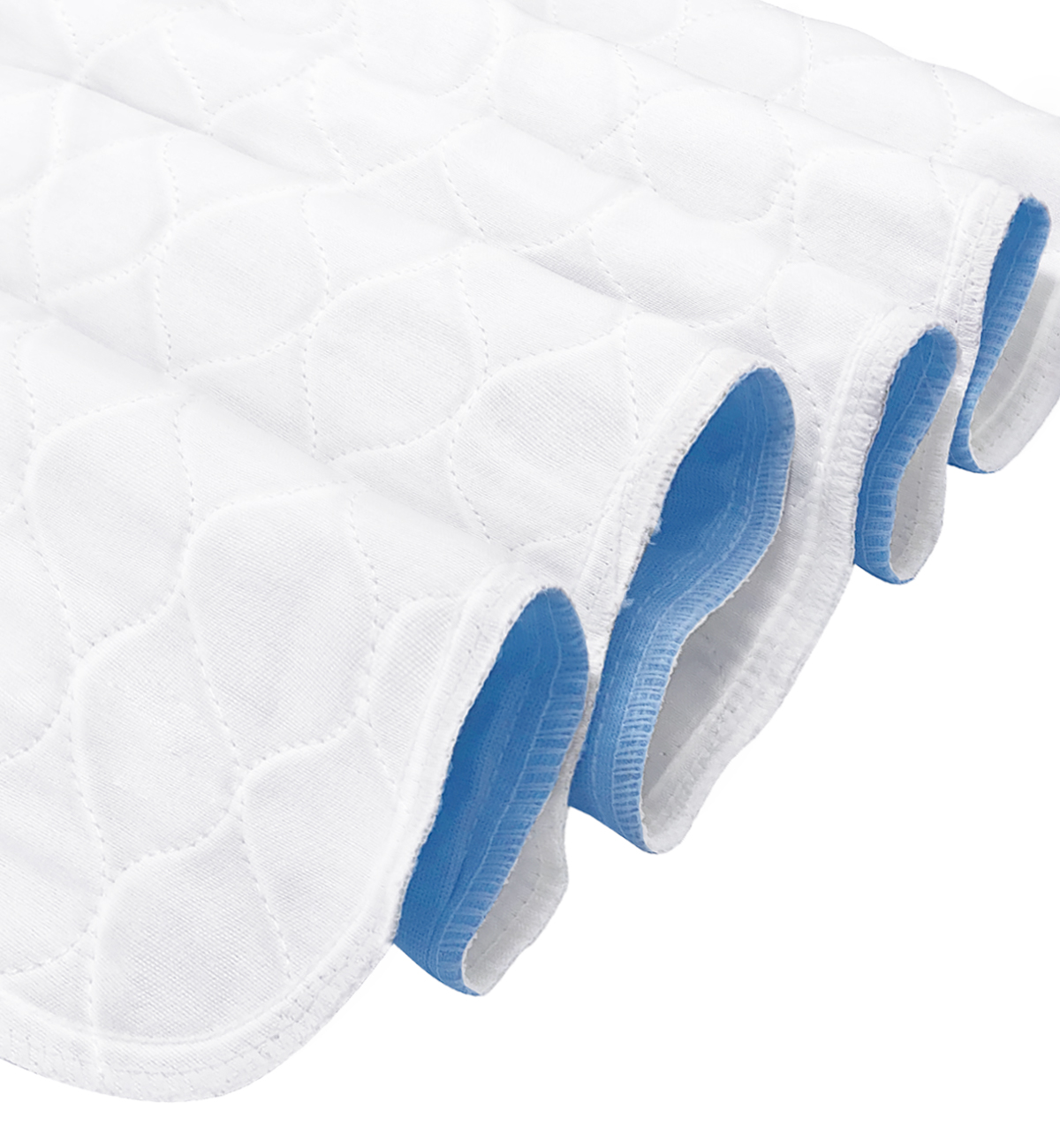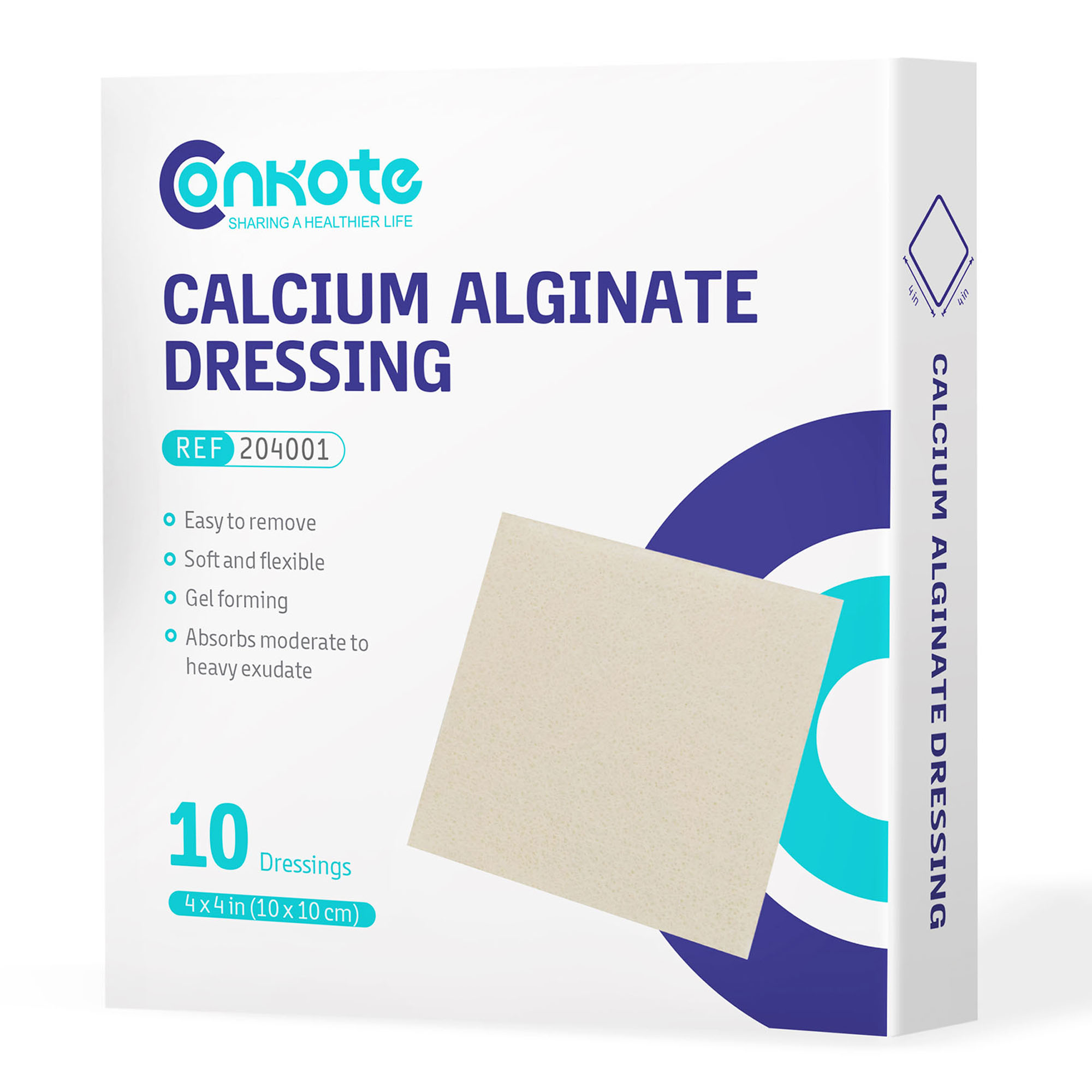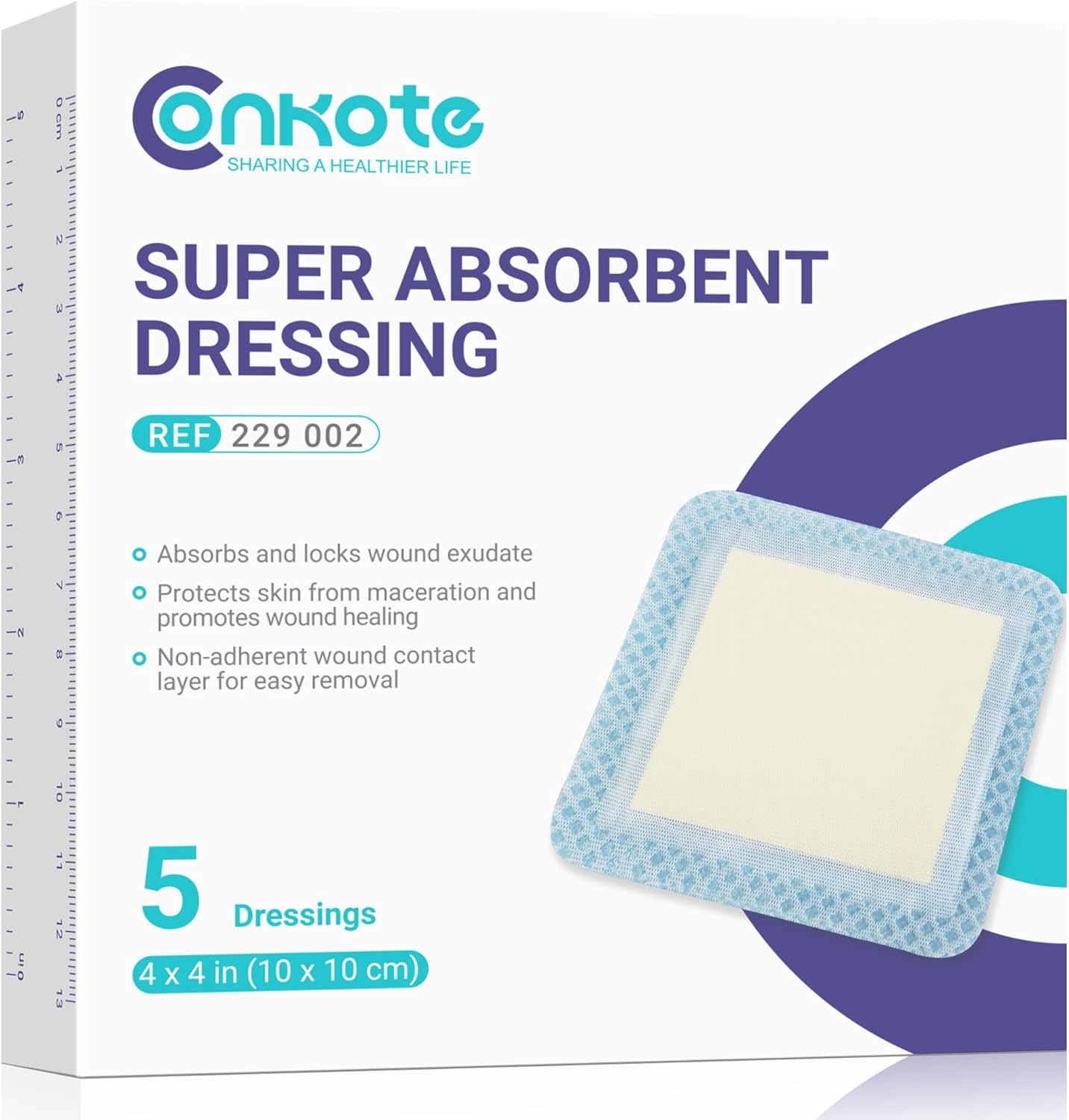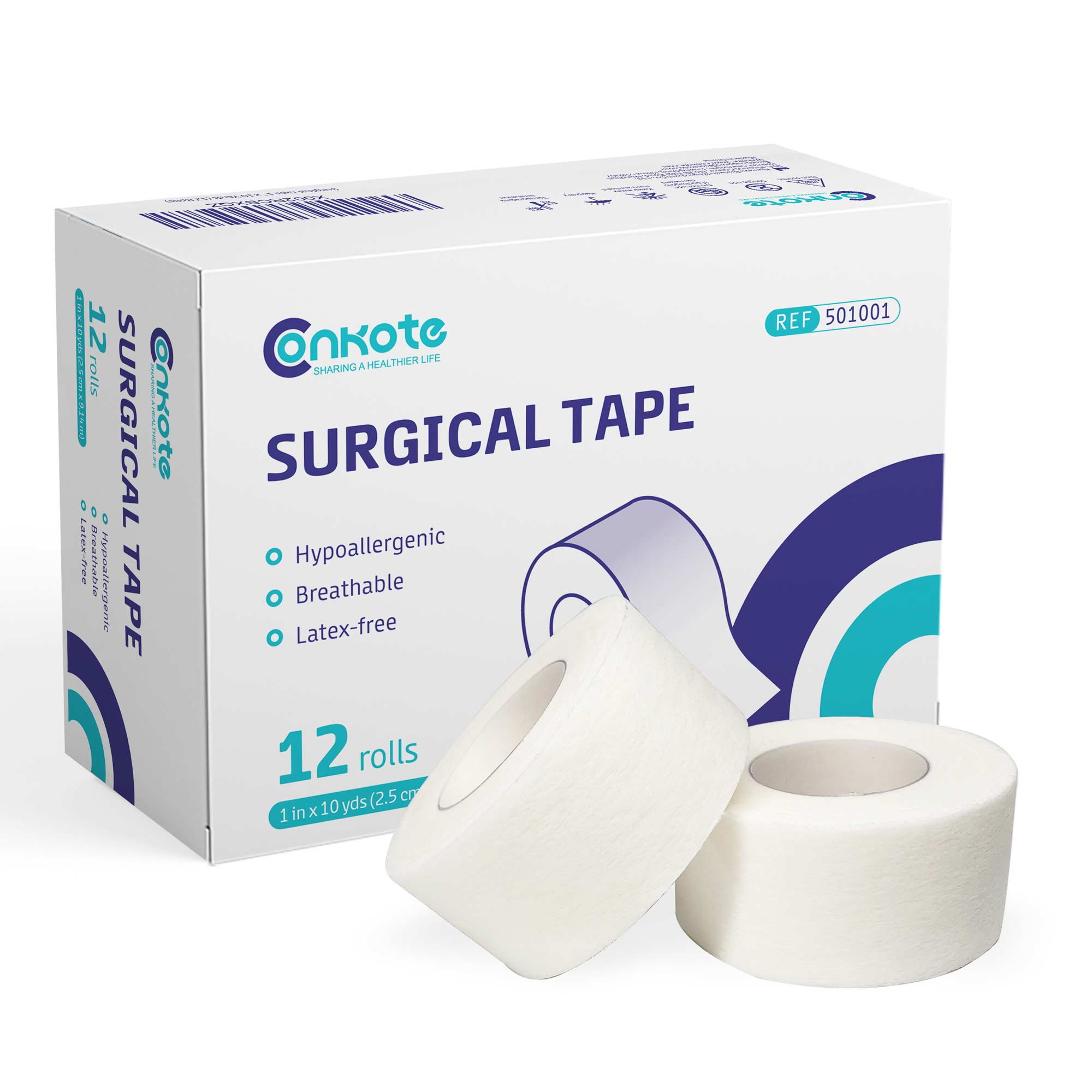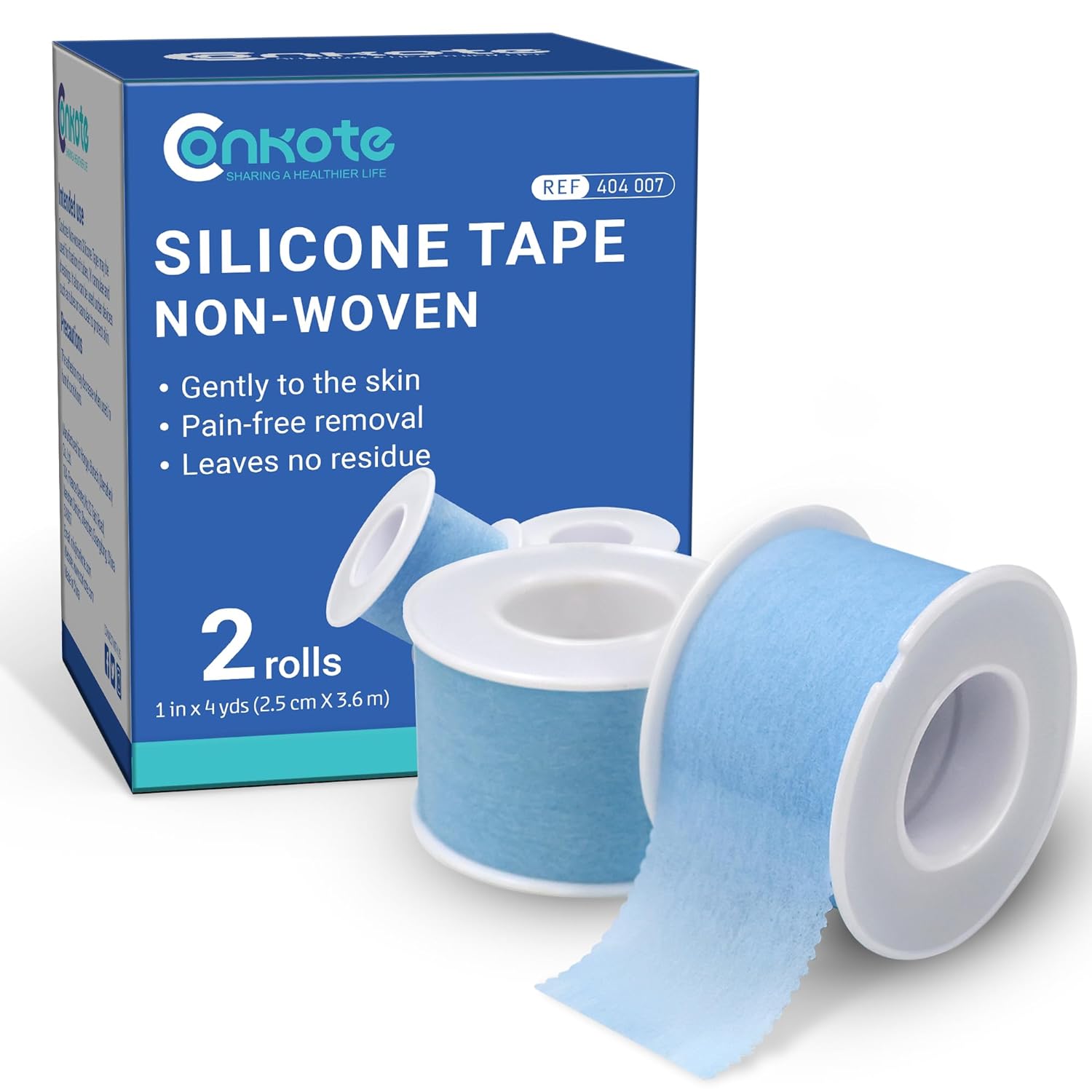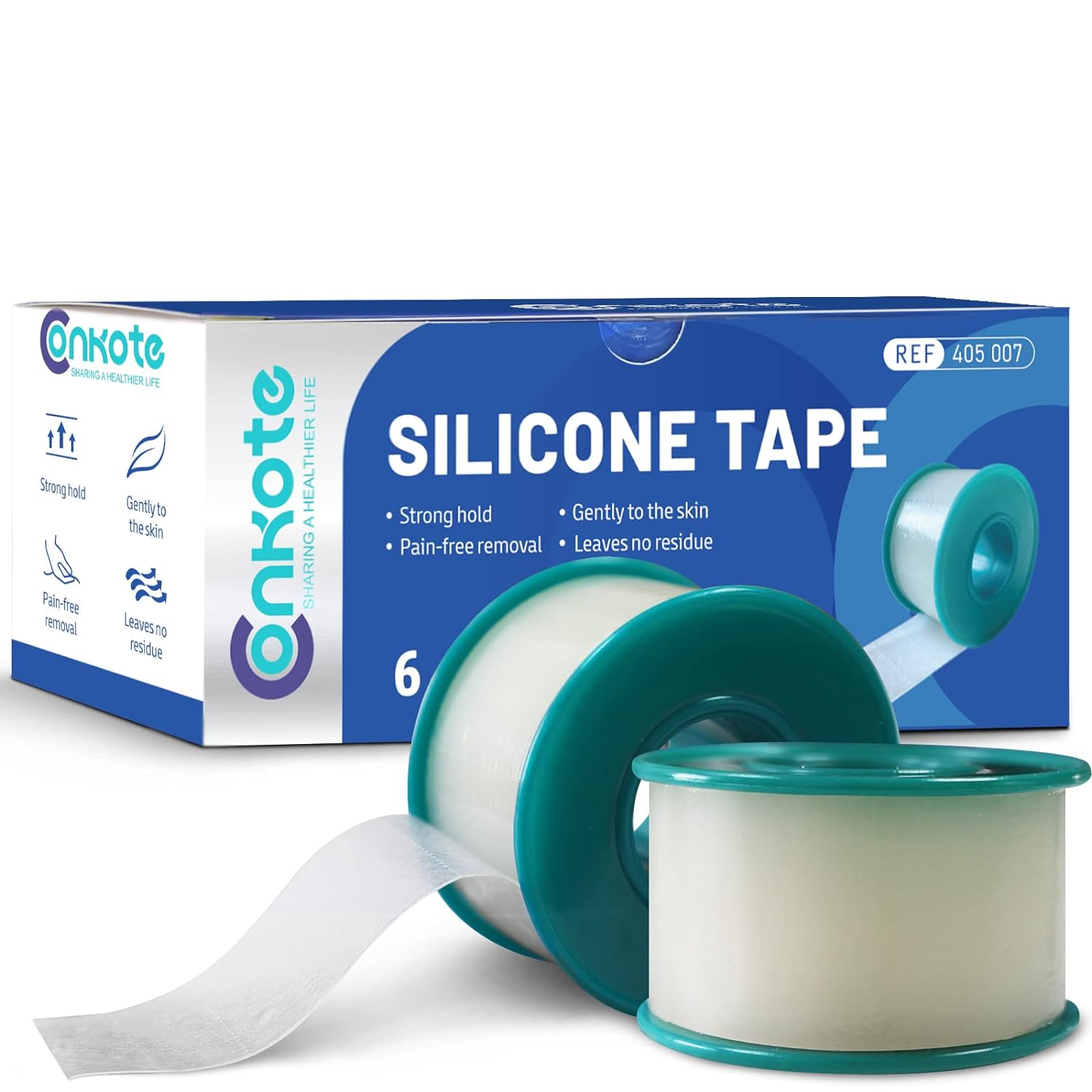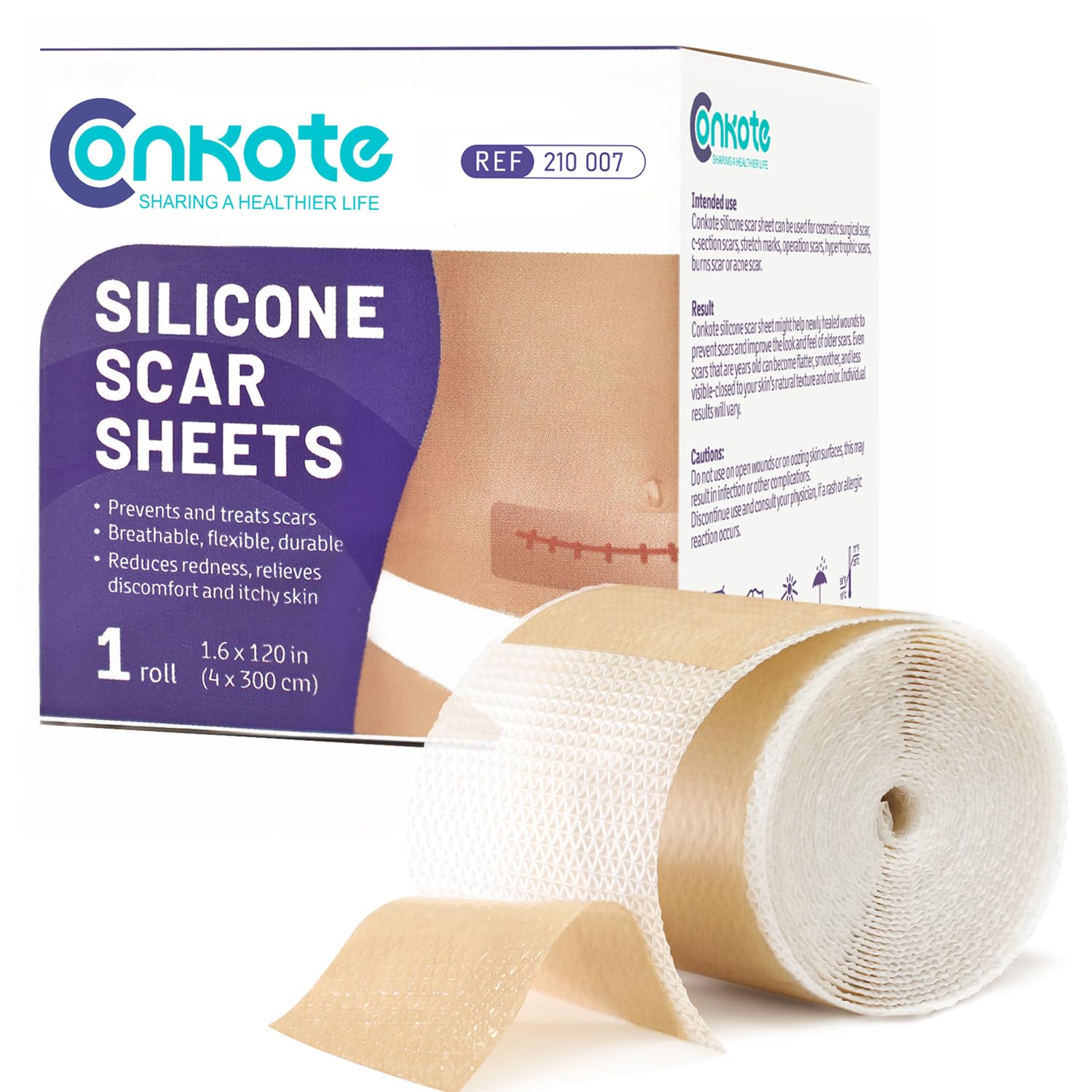Mouth tape: Is it safe?
2024-05-16 2024-05-16 16:47Mouth tape: Is it safe?

Mouth tape: Is it safe?
A mother recently shared a photo on Facebook of putting tape on her daughter’s mouth while she was sleeping in order to correct her mouth breathing habit. This move also aroused doubts from netizens, and even the news media reported it in large areas! What is mouth breathing and why should it be corrected? Does wearing tape on your mouth really help improve mouth breathing?Hope this article can help you clear up your doubts.
What is mouth breathing?
Most people naturally breathe through their noses almost all the time. Humans evolved this way as a survival technique — it keeps our breaths going as we eat with our mouths, so we don’t choke.
But some people develop mouth breathing later in life or are born as mouth breathers due to their body’s structural makeup. Both cases can make you unconsciously breathe through your mouth, which could lead to other health issues.
Mouth breathing can easily keep the human body in a state of hyperventilation, causing abnormal activity of brain nerves, affecting sleep, and causing people to have nightmares all night long.
In addition, incorrect mouth breathing habits will affect the arrangement of teeth and oral structure, the respiratory tract may become increasingly narrow in the long run, making it impossible for the airflow inhaled by the human body to pass through the respiratory tract smoothly, resulting in annoying sleep problems such as snoring and apnea. In the case of poor sleep quality, brain fatigue symptoms such as inattention and memory decline will occur one after another, thereby affecting learning ability and work efficiency.
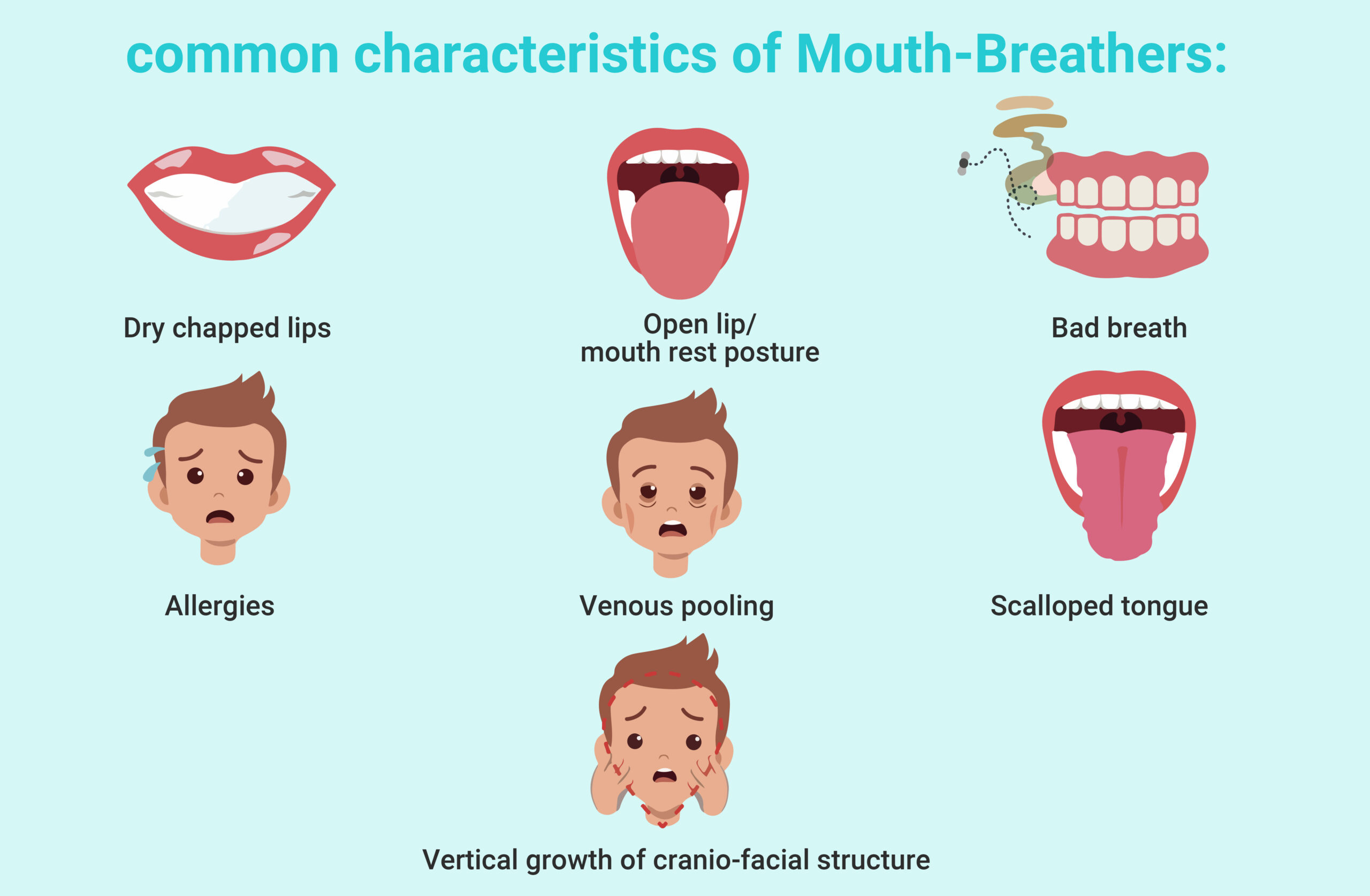
What Is Mouth Taping?
Mouth taping refers to the practice of taping your mouth closed at night before you fall asleep. People may try mouth taping because by forcing themselves to breathe through the nose, they can avoid negative effects.
Mouth taping involves taking porous tape and affixing it over both the upper and lower lips, so a person cannot easily open their mouth. Taping the mouth shut before bedtime prompts a person to breathe through their nose while they sleep.
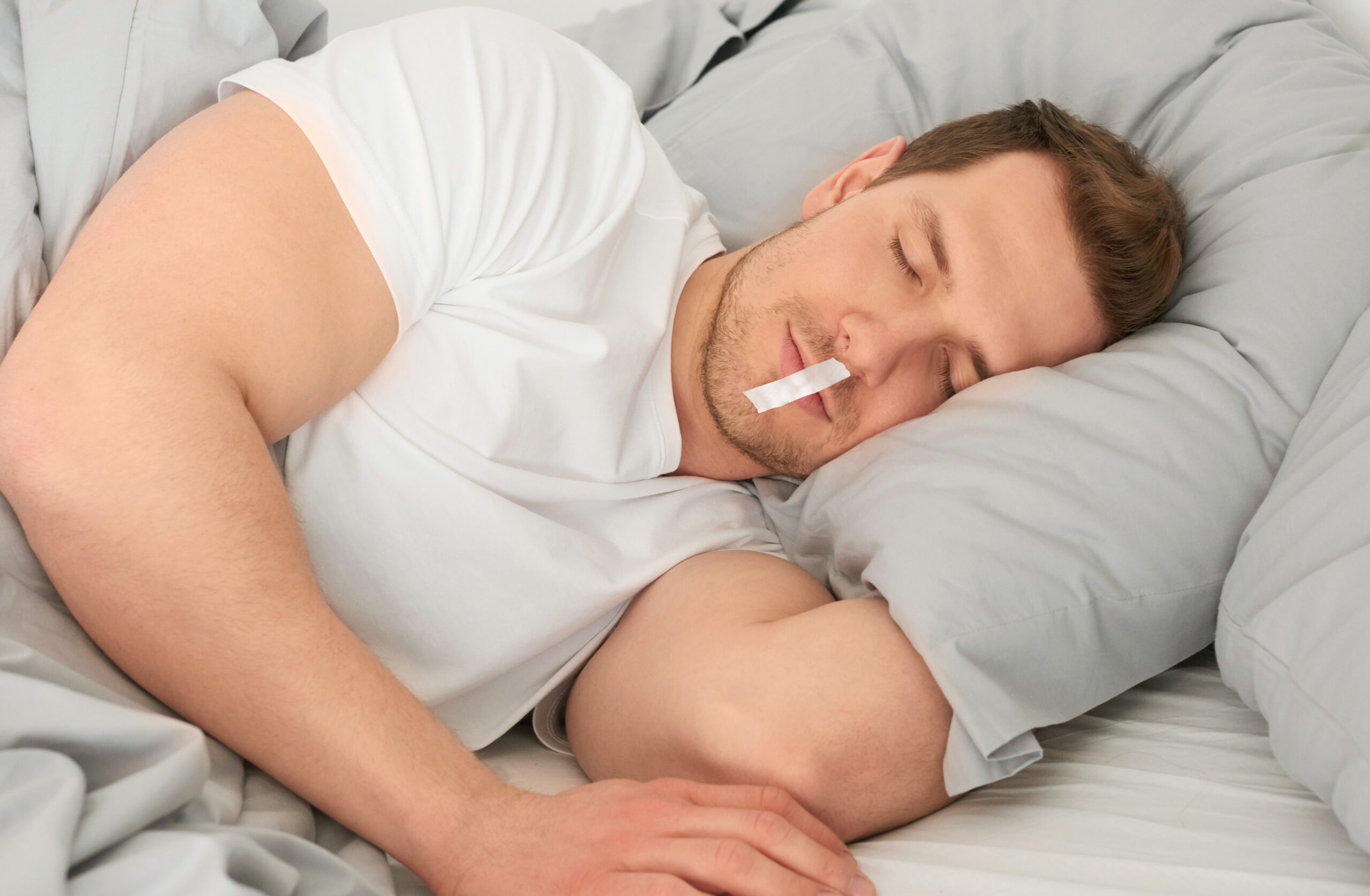
What kind of mouth tape to use for sleep
If you decide to try mouth taping, use a porous tape intended for use on human skin. Masking tape or another tape not intended for use on the body might be more likely to cause irritation or an allergic reaction.
Conkote’s silicone tapes provide reliable hold, good removal and gentle abrasion without compromise. Not only does it prevent mouth breathing, but it’s also painless to tear.
More information about this product can be found here: https://conkote.com/silicone-tape/
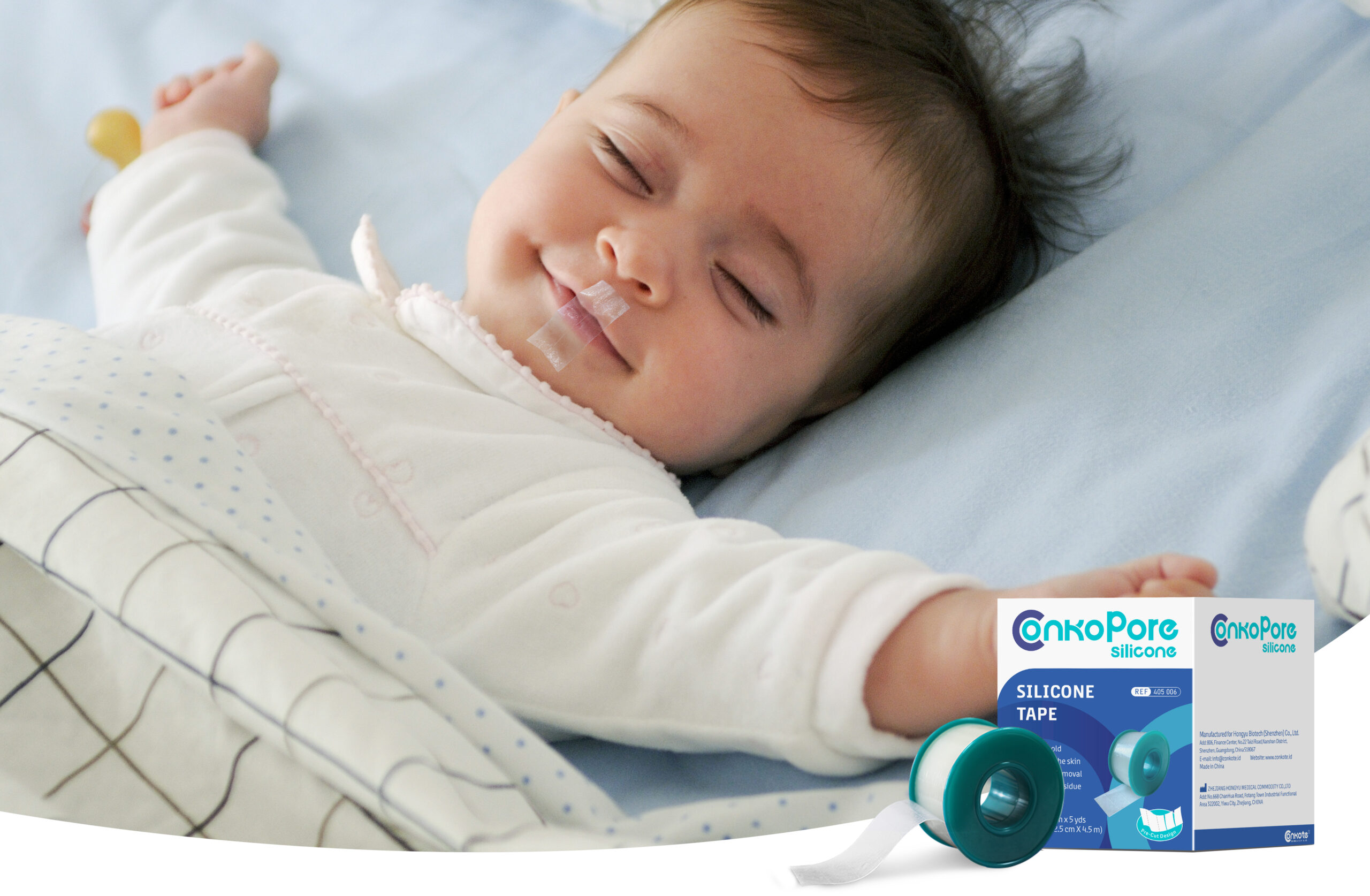
How to mouth tape safely
Since mouth taping is not considered a commonly accepted practice, speak to your doctor before trying it. Currently, there are no official guidelines outlining how to mouth tape safely. Also, the risks that come with mouth taping without a doctor’s advice are unknown.
Before trying mouth taping for sleep, it is a good idea to test the mouth strips during the day. If you have difficulty breathing through your nose due to allergies, nasal polyps, or another reason, you should avoid mouth taping.
You can minimize irritation and leftover stickiness by applying a food-safe gel or oil to the area around your mouth before sticking on the tape. When putting on the tape, consider folding it over at one corner for easier removal in the morning.
If you need tape to help you achieve the habit of breathing through the nose, you can try Conkote Silicone Tape. It is skin-friendly and has good stickiness. It usually does not fall off by itself at night and leaves no residue. It is your best choice for mouth tape.
Search by Tags
advanced woundcare dressing Bedsores Blood Blood donation chronic decrease Chronic Wound comprehensive guide Conkosil Diabetes diabetes foot diabetes prevention Diabetes,Foot Problems,wound Diabetic foot dog training donation dor pee pads Easy Tips First aid health health life Home Care Ionic Silver Dressin Innovative Technology for Wound Care Lesions Measure a Wound medical tape Moist Wound Healing Negative pressure wound therapy papertape pet care Pressure Ulcers puppy pee pads Self-Adhesive Bandage Skin care tape Tobacco traditional wound care dressing World No Tobacco Day Wound care wound dressing wound healing wound infection wound materials woundmaterials wound type wound vac





